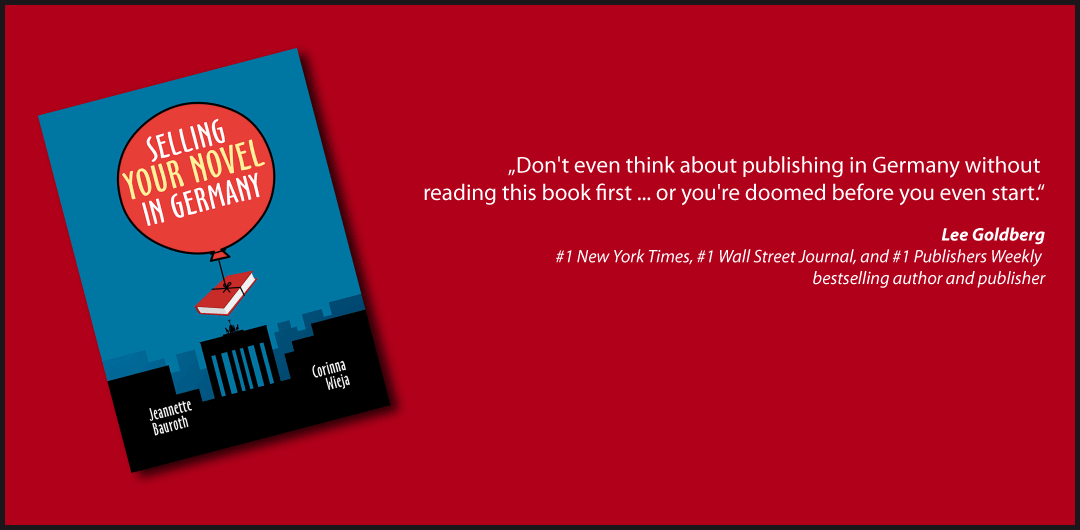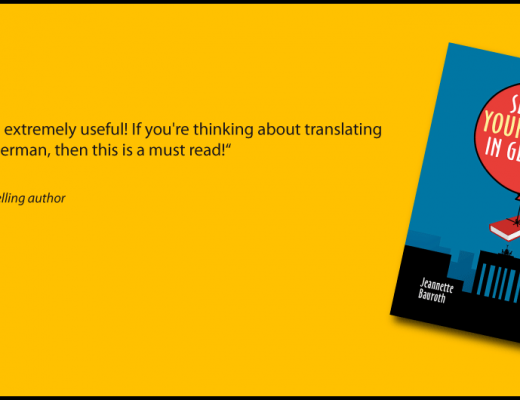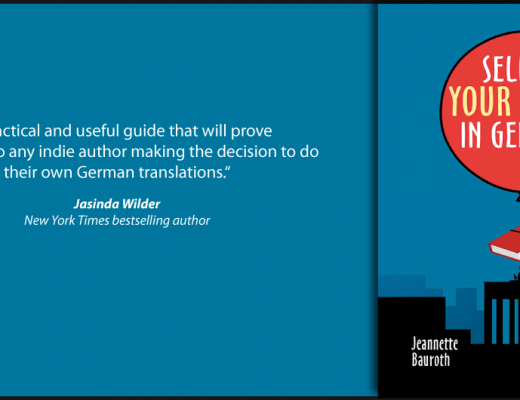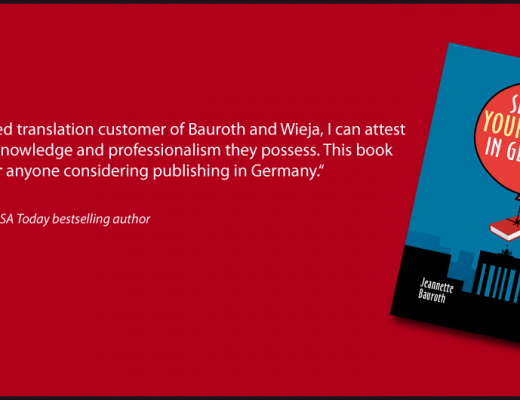No matter where or how you find your translator, in most cases you want to make sure your translator is a native speaker of the target language.
While we are not hardcore proponents of the “native-speaker principle” under any and all circumstances, we do feel that for novel translations, native-speaker linguistic and cultural fluency is critical for getting the nuances and facets of the source text across correctly and idiomatically in the target language. Remember that language is always changing, and you want your novel to be effectively localized – that means that it should read in a local and contemporary style, and that requires a translator who stays on top of the current colloquial conventions in the target language country.
Another thing to keep in mind that German is also spoken in Austria and Switzerland, and to a lesser degree in Liechtenstein, Luxembourg and Italy as well. Your translator should make sure that particular regionalisms or linguistic features specific to a given country do not shine through in the text. These may be specific expressions, spelling and even usage that differs from so-called “High German” (for more on this, see our blog post “How German is your translation?”. If your translator is not careful, this can give your text an unintended regional flavor. That’s why at Indie Translations, we make sure that the translator, translation editor and proofreader we assign to a novel come from different regions, to help keep region-specific expressions from sneaking into the text.
Does your translator know what she needs to know about the German book market? Does she know all the relevant provisions of law? When it comes to things like title protection and the provisions governing quotes and citations, mistakes made out of ignorance can prove very costly, so ask to make sure.
Does your translator like your book? You might expect this to be a nonissue, but we feel this is actually a critical requirement for a really good translation. Ideally, you want a translator who not only has the linguistic chops but is also a fan of your books. This is not to say that we recommend turning book translations over to the fans! But in the end, when it comes time to put your baby in someone else’s hands, you’re going to want to make sure they are loving hands. And trust us, if your translator didn’t actually like your book, it’s going to show. Plus, as we’ve already discussed, it’s important for your translator to know the conventions of your genre, and only a translator who enjoys reading books in your genre is going to know them well.
Finally, once you’ve found your translator, before you sign on the dotted line, it’s important to get your expectations clear. Just like you’d have questions for a new babysitter, you should interview the translator of your “baby” to make sure that you’re both on the same page and that the chemistry is there.
If all that sounds like a big commitment (and it is), you still have the option of transferring your foreign rights to an agent or publisher. It may be that your books have been successful enough to attract inquiries from literary agents or publishers already. If that’s the case, you can consider holding onto all the rights to your works published in English, but giving up the foreign rights. That puts the responsibility for the translation in your licensee’s hands. In almost all cases, that licensee will be a foreign publisher.
Indie Translations tip:
- Is your translator qualified, does she have experience in your genre, and does she love your book? Then you’ve got all the ingredients for a good translation.
- Check to make sure that your translator is familiar with the particular requirements of self-publishing, like title protection in Germany.
- Consider what your own expectations for the translator are, and tell her! Ask questions about anything you feel is important.
From: “Selling your novel in Germany”





No Comments